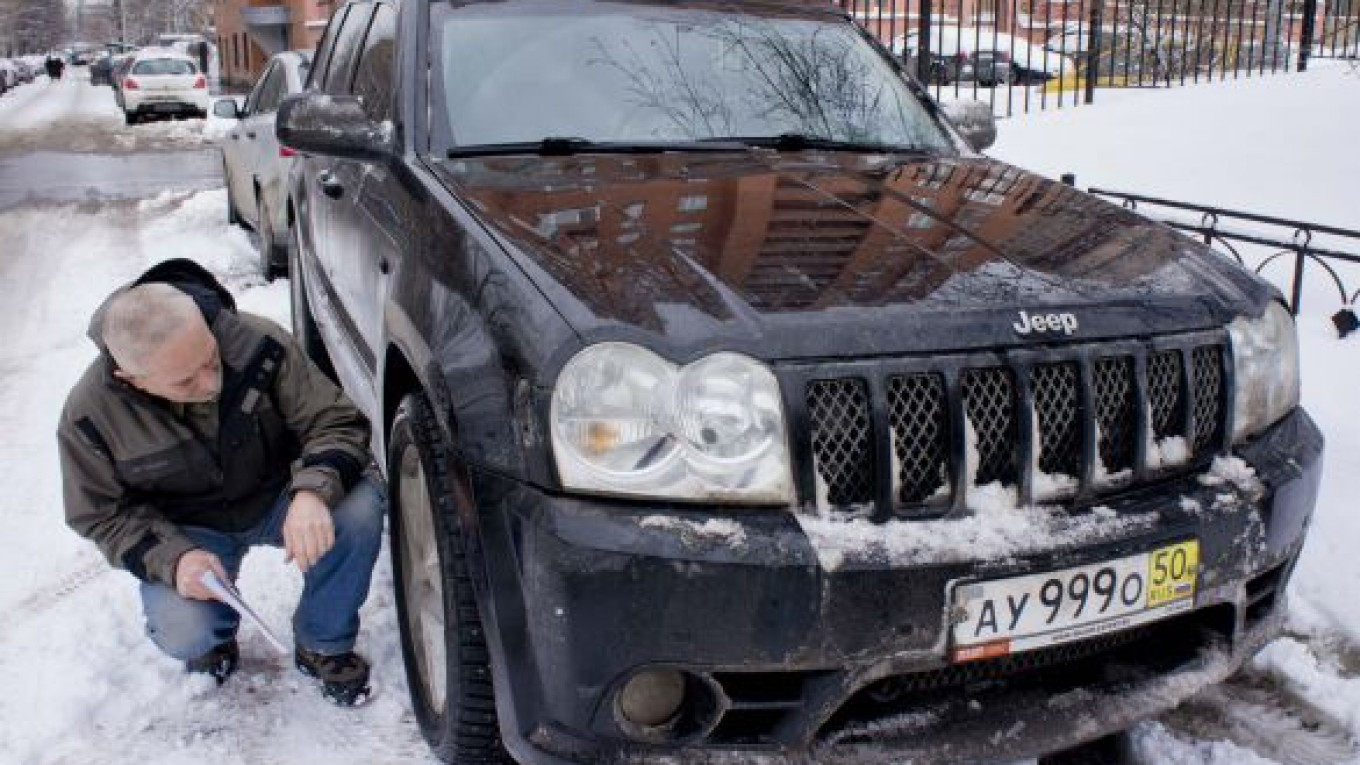All-purpose sport utility vehicles, offering prestige as well as protection from snow and bad roads, are proving to be the bright spot in an otherwise ailing Russian car market, where overall car sales are down about 6 percent so far this year.
"I cannot get enough XC60 at this moment," said John Stech, president and CEO of Volvo Cars in Russia, referring to the Swedish firm's luxury compact sports utility vehicle, or SUV, which retails in Russia from 1.5 million rubles ($45,600). Volvo is owned by China's Zhejiang Geely.
Once mainly a niche product for the wealthy, SUVs are proving popular across the price spectrum.
"In the past, the difference in price was too huge and jeeps were too high," said Sergei Litvinenko, senior manager at accountancy firm PwC, who said producers have been trying to propose cheaper SUVs.
Sales of Renault's Duster, an entry-level crossover model which retails from 479,000 rubles ($14,600), are up 86 percent this year, according to figures from the Association of European Businesses, or AEB. That makes it the fourth most popular car sold in Russia this year.
Toyota's compact RAV 4 model, which retails from 998,000 rubles ($30,400), saw sales jump 47 percent.
Analysts say the carmakers that will thrive in the Russian market will be those offering the right product mix — which means a big selection of SUVs.
Ford Sollers, an alliance between Ford and Russian carmaker Sollers will add the Edge and EcoSport SUV models from 2014.
"More production [has] become locally available and more models have been tailored for more affordable levels of SUVs," said the joint venture's chief executive, Ted Cannis. "The county has natural reasons to buy SUVs — it is nice to have 4-wheel drive in the winter."
A Message from The Moscow Times:
Dear readers,
We are facing unprecedented challenges. Russia's Prosecutor General's Office has designated The Moscow Times as an "undesirable" organization, criminalizing our work and putting our staff at risk of prosecution. This follows our earlier unjust labeling as a "foreign agent."
These actions are direct attempts to silence independent journalism in Russia. The authorities claim our work "discredits the decisions of the Russian leadership." We see things differently: we strive to provide accurate, unbiased reporting on Russia.
We, the journalists of The Moscow Times, refuse to be silenced. But to continue our work, we need your help.
Your support, no matter how small, makes a world of difference. If you can, please support us monthly starting from just $2. It's quick to set up, and every contribution makes a significant impact.
By supporting The Moscow Times, you're defending open, independent journalism in the face of repression. Thank you for standing with us.
Remind me later.






